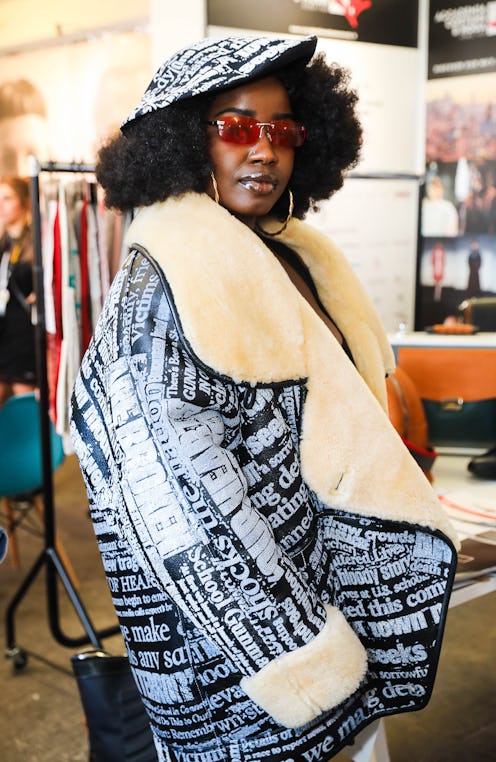Music
A New Initiative Wants To Change How Black Musicians Are Treated For Good
The Black Lives In Music initiative is the first of its kind.

The music industry isn’t always an easy navigate or penetrate. While there’s lots of front-facing representation of UK Black musicians in some genres, when it comes to their wellbeing, lives in music conservatories, or seeing that same representation in positions of power and influence, it’s a completely different story.
Now Black Lives In Music have set up the first-ever survey of Black musicians' experience in the UK. Although they usually focus on jazz musicians, the survey is open to all Black UK musicians regardless of genre. They are on a mission to combat racism, to create a truly inclusive music industry and look into the mental health of musicians and promote wellbeing - as 73% of musicians suffer with their mental health.
There is currently no data on the experiences of Black people in the music industry, Black Lives In Music said:
“Organisations are rarely held to account concerning data insights and recommendations. To ensure these same organisations continue to receive funding there is a tick box, tokenistic mentality with the promotion of Black people from entry level to mid-management roles. There are almost no appointments in senior management roles.
“Most surveys are not completed in a safe space or in anonymous fashion therefore people of colour rarely participate due to a lack of trust.”
Charisse Beaumont, chief executive of Black Lives In Music, says the experiences of people like X Factor contestant Misha B is a clear example of why this is so needed. “After saying she was left suicidal and suffering from PTSD after experiencing racist treatment on the show. She has been in therapy ever since. I knew I had to do something about this,” Beaumont explains. Last year the 29-year-old musician opened up about the devastating impact the show had on her mental health. Meanwhile X Factor finalist Rebecca Ferguson has been petitioning to make the music industry a fairer place and more focused on musicians’ mental health.
“They are excellent Black musicians who have studied just as hard as everyone else, Beaumont continues. “But they are not given the chance because they are Black. After being consistently told you are not good enough or you do not belong, it can affect your mental health. Black Lives in Music exists to bring this issue to the forefront, confront it and eradicate the systemic racism that is in the music industry, we use data to inform, advocate for equality so all musicians can thrive.”
Through this survey the organisation hopes to create long-lasting solutions, facilitate mentoring programmes, boosting the the recruitment of people of colour at senior management/board levels, and "supporting organisations in the development of a balanced professional ensemble with people of colour".